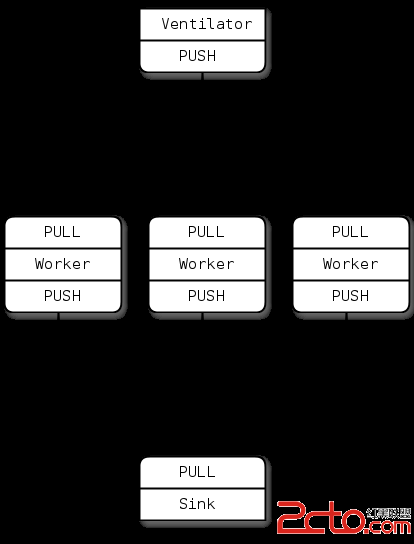模板的全特化与偏特化
模板为什么要特化,因为编译器认为,对于特定的类型,如果你能对某一功能更好的实现,那么就该听你的。模板分为类模板与函数模板,特化分为全特化与偏特化。全特化就是限定死模板实现的具体类型,偏特化就是如果这个模板有多个类型,那么只限定其中的一部分。
先看类模板:
[cpp]
template<typename T1, typename T2>
template<typename T1, typename T2>
class Test
{
public:
Test(T1 i,T2 j):a(i),b(j){cout<<"模板类"<<endl;}
private:
T1 a;
T2 b;
};
template<>
class Test<int , char>
{
public:
Test(int i, char j):a(i),b(j){cout<<"全特化"<<endl;}
private:
int a;
char b;
};
template <typename T2>
class Test<char, T2>
{
public:
Test(char i, T2 j):a(i),b(j){cout<<"偏特化"<<endl;}
private:
char a;
T2 b;
};
[cpp] view plaincopyprint?template<typename T1, typename T2>
class Test
{
public:
Test(T1 i,T2 j):a(i),b(j){cout<<"模板类"<<endl;}
private:
T1 a;
T2 b;
};
template<>
class Test<int , char>
{
public:
Test(int i, char j):a(i),b(j){cout<<"全特化"<<endl;}
private:
int a;
char b;
};
template <typename T2>
class Test<char, T2>
{
public:
Test(char i, T2 j):a(i),b(j){cout<<"偏特化"<<endl;}
private:
char a;
T2 b;
};
template<typename T1, typename T2>
class Test
{
public:
Test(T1 i,T2 j):a(i),b(j){cout<<"模板类"<<endl;}
private:
T1 a;
T2 b;
};
template<>
class Test<int , char>
{
public:
Test(int i, char j):a(i),b(j){cout<<"全特化"<<endl;}
private:
int a;
char b;
};
template <typename T2>
class Test<char, T2>
{
public:
Test(char i, T2 j):a(i),b(j){cout<<"偏特化"<<endl;}
private:
char a;
T2 b;
};
那么下面3句依次调用类模板、全特化与偏特化:
[cpp] view plaincopyprint?Test<double , double> t1(0.1,0.2);
Test<int , char> t2(1,'A');
Test<char, bool> t3('A',true);
[cpp] view plaincopyprint?Test<double , double> t1(0.1,0.2);
Test<int , char> t2(1,'A');
Test<char, bool> t3('A',true);
Test<double , double> t1(0.1,0.2);
Test<int , char> t2(1,'A');
Test<char, bool> t3('A',true);
而对于函数模板,却只有全特化,不能偏特化:
[cpp] view plaincopyprint?//模板函数
template<typename T1, typename T2>
void fun(T1 a , T2 b)
{
cout<<"模板函数"<<endl;
}
//全特化
template<>
void fun<int ,char >(int a, char b)
{
cout<<"全特化"<<endl;
}
//函数不存在偏特化:下面的代码是错误的
/*
template<typename T2>
void fun<char,T2>(char a, T2 b)
{
cout<<"偏特化"<<endl;
}
*/
[cpp] view plaincopyprint?//模板函数
template<typename T1, typename T2>
void fun(T1 a , T2 b)
{
cout<<"模板函数"<<endl;
}
//全特化
template<>
void fun<int ,char >(int a, char b)
{
cout<<"全特化"<<endl;
}
//函数不存在偏特化:下面的代码是错误的
/*
template<typename T2>
void fun<char,T2>(char a, T2 b)
{
cout<<"偏特化"<<endl;
}
*/
//模板函数
template<typename T1, typename T2>
void fun(T1 a , T2 b)
{
cout<<"模板函数"<<endl;
}
//全特化
template<>
void fun<int ,char >(int a, char b)
{
cout<<"全特化"<<endl;
}
//函数不存在偏特化:下面的代码是错误的
/*
template<typename T2>
void fun<char,T2>(char a, T2 b)
{
cout<<"偏特化"<<endl;
}
*/
至于为什么函数不能偏特化,似乎不是因为语言实现不了,而是因为偏特化的功能可以通过函数的重载完成。
补充:软件开发 , C++ ,




